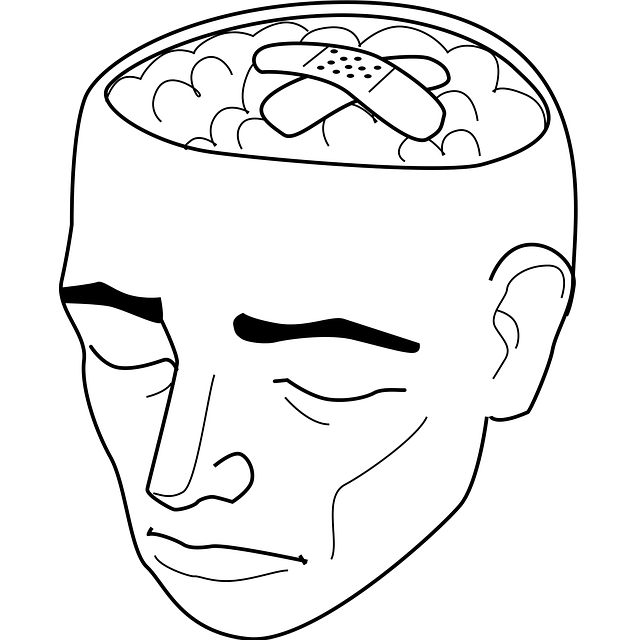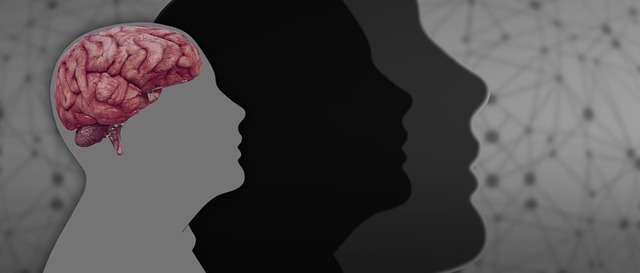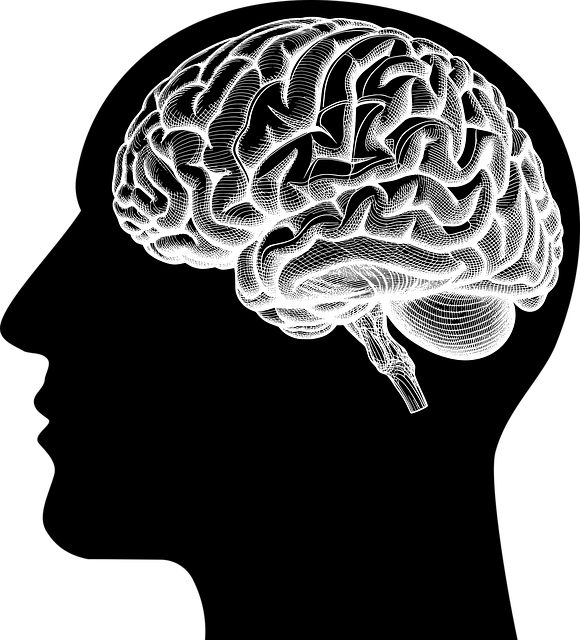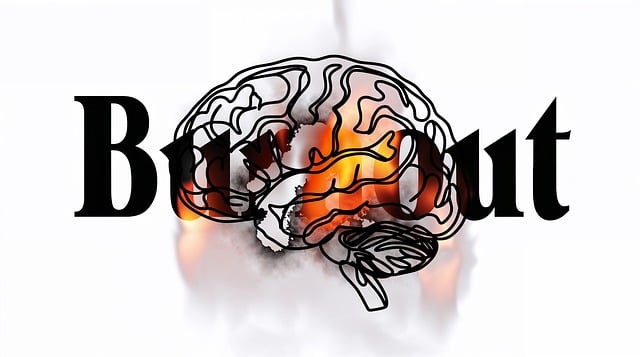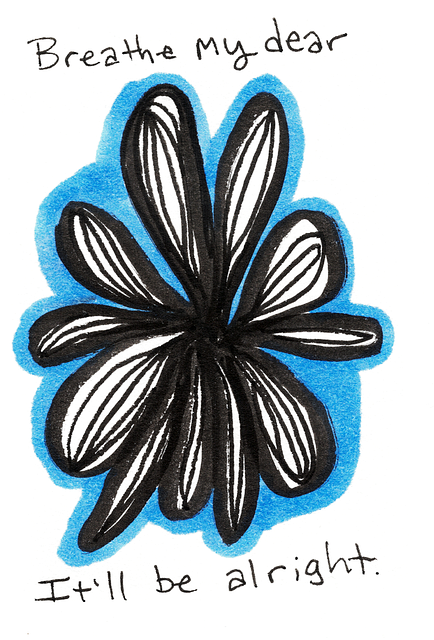Denver Mindfulness Therapy is revolutionizing mental healthcare by prioritizing cultural competency. Through specialized programs and training, they equip healthcare providers with skills to understand and connect with patients from diverse backgrounds, reducing stigma and improving outcomes. Their approach, using mindfulness meditation and interactive workshops, fosters inclusive environments and personalized care, ensuring that all communities receive compassionate, culturally sensitive support. Effective training is measured through assessments, showing improved access, satisfaction, clinical outcomes, and risk management for underrepresented populations.
Healthcare provider cultural competency training is a vital component of modern medical practice, ensuring patient-centered care in an increasingly diverse society. This article explores the necessity of cultural competency in healthcare and delves into the unique role of Denver Mindfulness Therapy in fostering cross-cultural communication. We discuss designing effective training programs with key components and best practices, as well as measuring success through evaluation of patient outcomes.
- Understanding Cultural Competency in Healthcare: A Necessity in Modern Practice
- The Role of Denver Mindfulness Therapy in Fostering Cross-Cultural Communication
- Designing Effective Training Programs: Key Components and Best Practices
- Measuring Success: Evaluating the Impact of Cultural Competency Training on Patient Outcomes
Understanding Cultural Competency in Healthcare: A Necessity in Modern Practice

In today’s diverse society, cultural competency is no longer an optional skill for healthcare providers; it’s a necessity. This concept involves understanding and respecting the unique cultural backgrounds, beliefs, and values of every patient, fostering a safe and inclusive environment for all. In Denver Mindfulness Therapy, we recognize that mental health care must be tailored to meet the specific needs of diverse communities, addressing not only physical symptoms but also cultural barriers to treatment.
Cultural competency training equips healthcare professionals with the tools to navigate complex interpersonal dynamics, promote resilience building, and facilitate meaningful connections with patients from various ethnic, racial, and socioeconomic backgrounds. Moreover, it plays a pivotal role in reducing stigma associated with mental illness, encouraging open conversations, and ultimately improving patient outcomes. Through such initiatives, Denver Mindfulness Therapy strives to enhance inner strength development while ensuring every individual receives respectful, culturally sensitive care.
The Role of Denver Mindfulness Therapy in Fostering Cross-Cultural Communication

Denver Mindfulness Therapy plays a pivotal role in bridging cultural gaps within healthcare settings by fostering cross-cultural communication. Through its unique approach, this therapy encourages both patients and providers to develop a deeper understanding and appreciation for diverse cultural backgrounds. By integrating mindfulness meditation practices, Denver Mindfulness Therapy helps individuals cultivate empathy, patience, and cultural sensitivity—essential components for effective mental healthcare delivery.
The program equips participants with coping skills development techniques that transcend cultural barriers, promoting inclusive environments. This is particularly significant in communities where cultural sensitivity in mental healthcare practice is lacking. By participating in these sessions, healthcare providers gain valuable insights into different worldview perspectives, enabling them to deliver more personalized and compassionate care tailored to each patient’s unique needs and cultural context.
Designing Effective Training Programs: Key Components and Best Practices

Effective cultural competency training programs for healthcare providers require a thoughtful design that goes beyond surface-level awareness. Incorporating key components like interactive workshops, diverse facilitator teams, and opportunities for self-reflection creates a deeper understanding of cultural nuances and promotes meaningful change. At Denver Mindfulness Therapy, we specialize in developing tailored Mental Wellness Coaching Programs that address not only Stress Management but also Burnout Prevention Strategies for Healthcare Providers.
Our best practices emphasize the importance of relatable content, real-world scenarios, and safe spaces for open dialogue. By fostering an environment where participants feel empowered to ask questions and share their experiences, these programs enable healthcare providers to develop empathetic communication skills that lead to improved patient care.
Measuring Success: Evaluating the Impact of Cultural Competency Training on Patient Outcomes

Evaluating the success and impact of cultural competency training is a critical step in ensuring its effectiveness in healthcare settings, particularly in diverse communities like Denver Mindfulness Therapy serves. By implementing structured assessment tools, trainers can gauge the knowledge acquisition and attitude changes among participants. Pre- and post-training surveys, focus groups, and patient feedback forms are valuable methods to measure success. These evaluations should include questions related to improved communication skills, increased cultural awareness, and enhanced ability to provide inclusive care.
The impact on patient outcomes is a key indicator of successful training. This includes improved access to care for underrepresented populations, higher patient satisfaction rates, and better clinical outcomes. For mental health professionals, this might translate into more effective risk management planning (Risk Management Planning for Mental Health Professionals) and risk assessment (Risk Assessment for Mental Health Professionals), fostering safer and more supportive therapeutic environments that accommodate diverse self-care practices.
Healthcare provider cultural competency training, such as that offered by Denver Mindfulness Therapy, is a vital component in delivering quality care to a diverse patient population. By fostering cross-cultural communication and equipping professionals with essential tools, these programs enhance patient outcomes and create more inclusive healthcare environments. Effective training involves interactive workshops, real-world scenarios, and ongoing evaluation, all of which contribute to a deeper understanding of cultural nuances. This comprehensive approach ensures healthcare providers are better equipped to navigate complex patient interactions, ultimately benefiting both practitioners and the communities they serve.
